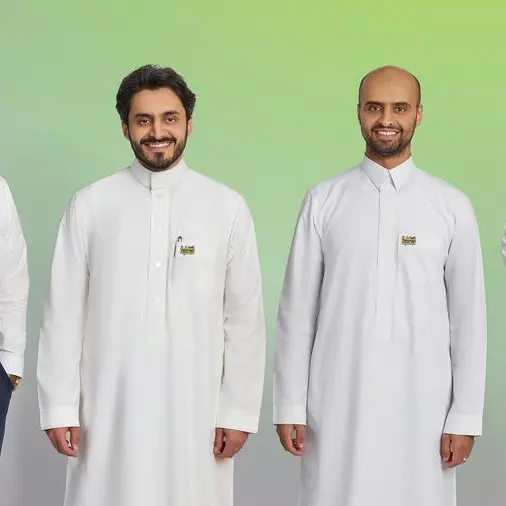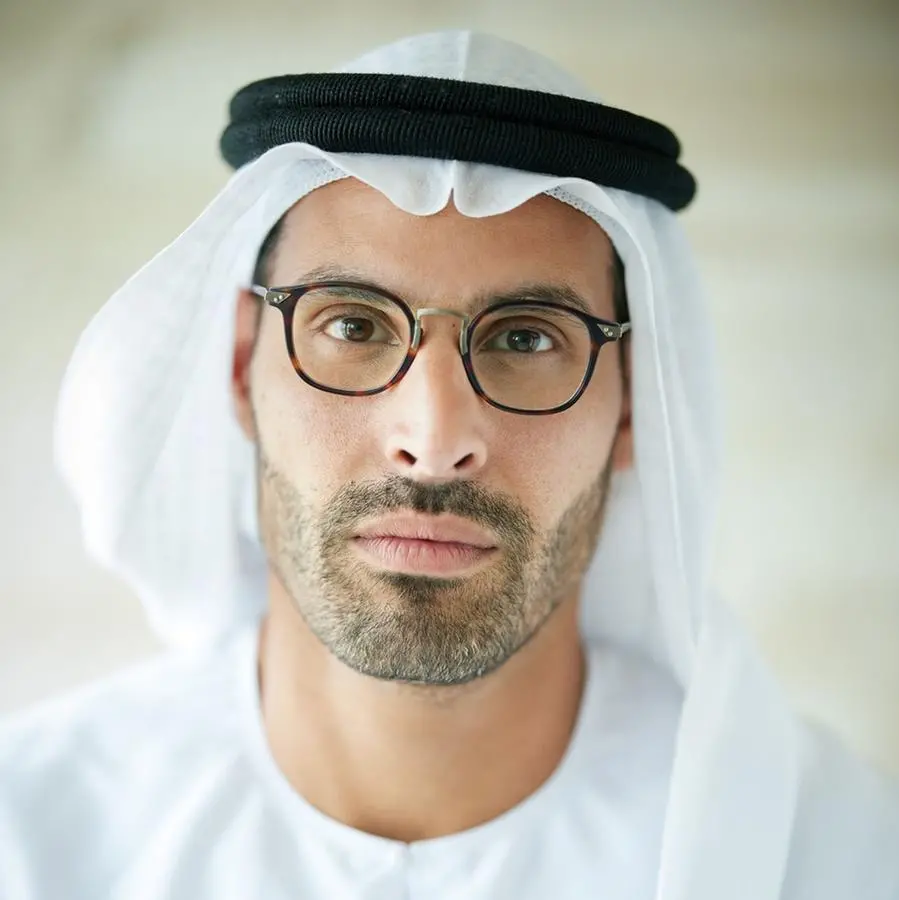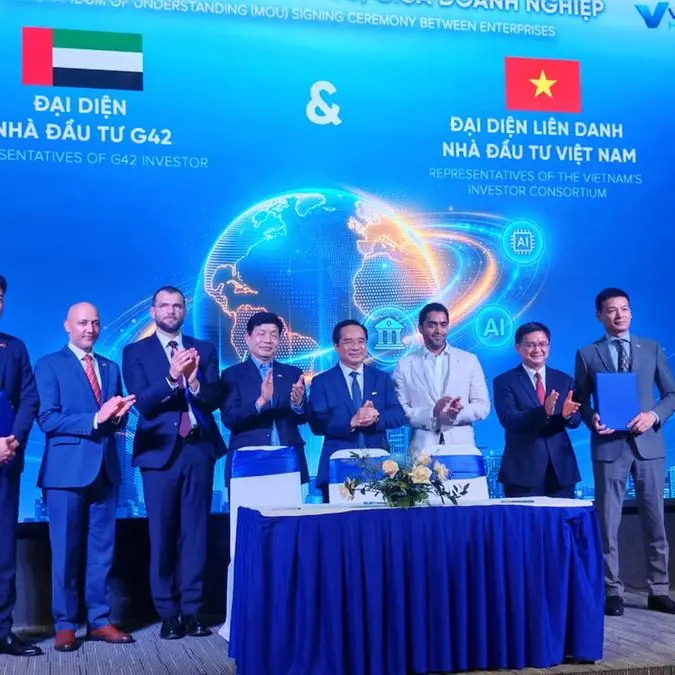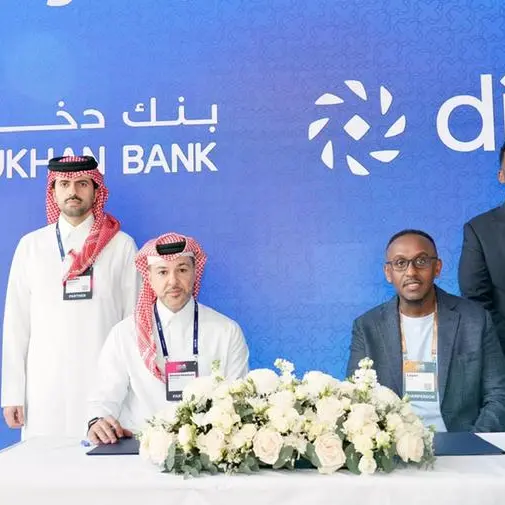PHOTO
- AlRomaithi to be joined by Jason Lee, Stephanie Navarro, and Piyumi Wijesekara, as they enter the HERA habitat on May 10
- Mission to study in-depth the effect of space flight simulated on Earth to support future long-duration space endeavours
Dubai, UAE: The Mohammed Bin Rashid Space Centre (MBRSC) today announced the selection of Emirati crew member Shareef AlRomaithi for the second analog study of the UAE Analog Programme, as part of NASA’s Human Exploration Research Analog (HERA) Campaign 7 Mission 2. The second of the four-phase analog study on Earth will begin on May 10, with AlRomaithi joining the primary crew alongside Jason Lee, Stephanie Navarro, and Piyumi Wijesekara as they step into the HERA habitat at NASA’s Johnson Space Center in Houston, Texas, USA. Once inside, the team will live and work within the facility for 45 days, before exiting on June 24.
HERA is a unique three-story habitat that replicates space-like conditions on Earth. It is designed to help scientists study how crew members adapt to isolation, confinement, and remote conditions before they embark on deep space missions to the Moon, Mars, and beyond. Crew members will carry out scientific research and operational tasks throughout their simulated mission to the Red Planet, including a “walk” on Mars’s surface using virtual reality. They will also experience increasing communication delays lasting up to five minutes each way with Mission Control Center as they “near” Mars.
Scientific experiments
The UAE stands as a key participant among a select group of countries conducting groundbreaking scientific research aimed towards future lunar and Martian exploration missions. The analog study, comprising four phases, includes 18 human health studies being conducted here on Earth, designed to understand the physiological, behavioural, and psychological responses of crew members in conditions akin to those they would encounter on long duration space missions. Significantly contributing to this international effort, the United Arab Emirates University (UAEU), Mohammed Bin Rashid University of Medicine and Health Sciences (MBRU), and American University of Sharjah (AUS) are leading six critical studies, in collaboration with MBRSC, highlighting the UAE's pivotal role in advancing human space exploration.
H.E. Salem Humaid AlMarri, Director General, MBRSC said, “We are pleased to announce the selection of Shareef AlRomaithi for the second analog study of the UAE Analog Programme at the HERA habitat, marking another significant step towards the UAE's vision for space exploration. This mission, blending scientific research and international collaboration with NASA, is poised to deepen our understanding of the physiological and psychological challenges of long-duration space travel through experiments here on Earth. The insights gained from these Earth-based simulations will be instrumental in preparing humanity for the next giant leap – setting foot on Mars and beyond. The UAE is honoured to be part of this journey, and we will continue to push the boundaries of what is possible and inspire future generations to be part of the space sector.”
About Shareef AlRomaithi
Shareef AlRomaithi is a pilot with more than 16 years of experience in the airline industry, including more than 9,000 flight hours on multiple Airbus and Boeing aircrafts. Prior to being selected for the UAE Analog Programme, he commanded Boeing 777 and 787 aircrafts as a captain, underscoring his expertise and leadership in aviation.
AlRomaithi has a bachelor’s degree in aerospace engineering and three master’s degrees from the Embry-Riddle Aeronautical University, focusing on aerospace and aviation management, safety systems, and space operations, respectively. He further earned a doctorate degree in aviation from the same university, specialising in safety systems and human factors. He is also the world’s youngest and eighth graduate to attain a doctorate in aviation.
AlRomaithi is part of the second group of volunteers to participate in an analog study in HERA this year. The first phase of the second analog study of the UAE Analog Programme was completed on 11 March 2024. The third and fourth phases will begin on 9 August 2024 and 1 November 2024, respectively.
-Ends-
For Media Queries:
MBRSC Media Team - mbrsc@quillmena.com
ABOUT MOHAMMED BIN RASHID SPACE CENTRE (MBSRC):
MBRSC is an advanced scientific and technological hub, responsible for making the UAE a world leader in space services and exploration.
Established in 2006, the Mohammed Bin Rashid Space Centre (MBRSC) started out with five engineers, who took it upon themselves to develop their capabilities and expand their knowledge in the field of space, relying on strong will and solid determination. Since then, the Centre has continued its journey to be the incubator of the UAE National Space Programme. The MBRSC is home to the UAE Satellite Programme, UAE Astronaut Programme, Mars 2117 Programme and Emirates Mars Mission, among others. Under its satellite programme, the Centre has built, developed, and operated several Earth observation satellites, including DubaiSat-1, DubaiSat-2 and KhalifaSat, the first satellite that was fully built by Emiratis in 2018. The Centre is currently developing the MBZ-SAT, which once launched will be the most advanced commercial satellite in the region in the field of high-resolution satellite imagery.
MBRSC is also developing the Emirates Airlock, a crew and science airlock module for the Gateway lunar space station, humanity's first international outpost to orbit the Moon. Additionally, the UAE will also be sending an Emirati astronaut on a Moon mission. Under the UAE Astronaut Programme, MBRSC currently has four astronauts, two of who have undertaken missions to the International Space Station, including the recently concluded longest Arab space mission in history by H.E. Dr. Sultan Saif AlNeyadi. The Mars 2117 Programme includes the Emirates Lunar Mission, UAE Analog Programme and Space Ventures.




















